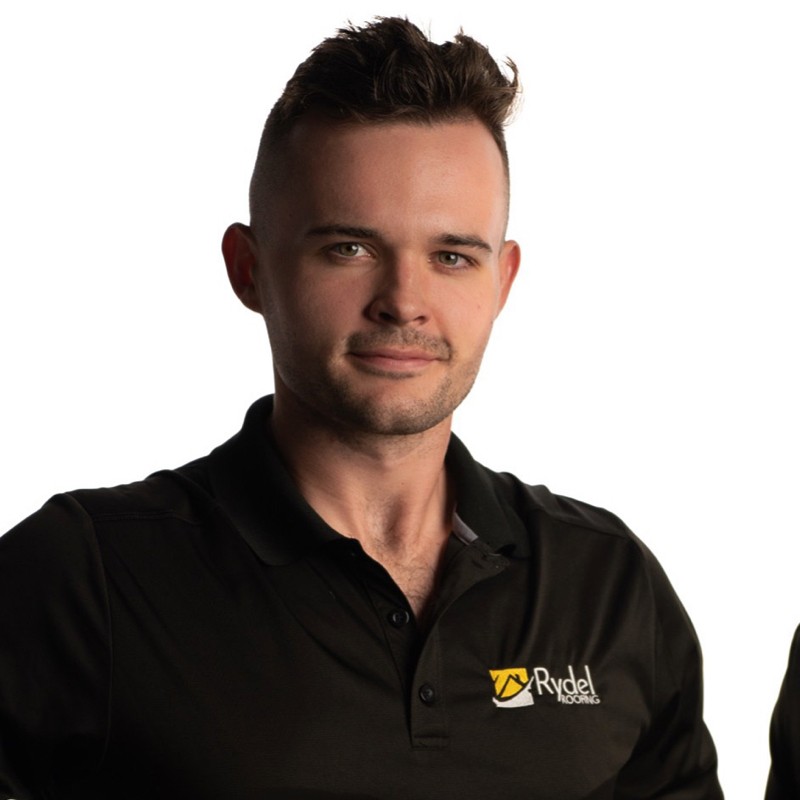Austin Trudeau prefers to work within an outcome economy.

In fact, the top-performing Student Works Management Program Operator can’t imagine why anyone would ever choose to dedicate themselves to a stable job over a results-driven independent career path.
Why? In the former, you’re not getting out of your job what you put into it.
Originally a painter for a Student Works Manager, Austin absorbed the ins and outs of what it meant to truly grind hard on a crew. However, it wasn’t long until he worked his way up to become one of our company’s most financially successful operators.
With his crews, there’s one key trait he looks for to determine if his painters have the fire in their belly necessary to advance and become operators themselves: Drive. Therefore, early on in his relationship with his crews, he’ll ask them:
“Would you rather work a job with a steady paycheck every two weeks, or work for yourself and be rewarded financially depending on how hard you work?” Their answers provide interesting insights into the psychology of his team.
“If I can learn a skill well, hone down on it, and really prove to myself that I’m doing it well, I can make and be compensated accordingly and that’s really the goal. It’s an intrinsic and extrinsic motivator.” Austin declared recently on our Leaders of Tomorrow Podcast.
At Student Works, we’re always looking for young talent that shares this value, as it’s a key indicator of a top performer in the making.
Another trait that sets top performers apart from the pack, according to Austin? The desire to immediately diffuse any problems that arise. Every business runs into hiccups. Solving them swiftly before they snowball into unrecognizable hurdles is the course of action often employed by the best leaders.
“There’s the story you hear with an operator who goes “Oh, my team quit”, [and I say] I’m really sorry about that, I just don’t know the context of that and I’m sure that something you did or did not do had something to do with that. Of course that’s not something that’s quite polite to say to somebody, but it’s probably close to the truth, because there’s no way somebody up and quit with zero red flags waving” Austin explained.
By minimizing the delay between problem and solution, entrepreneurs sidestep bigger issues in the making. When you’re operating in an outcome economy, there’s increased incentive to nip challenges in the bud, because you just might pay for them if you try to sweep them under the rug!
Are you a student looking to further your development as a leader and enter the exciting world of entrepreneurship? Check out more stories from Student Works participants and alumni on our Leaders of Tomorrow Podcast!